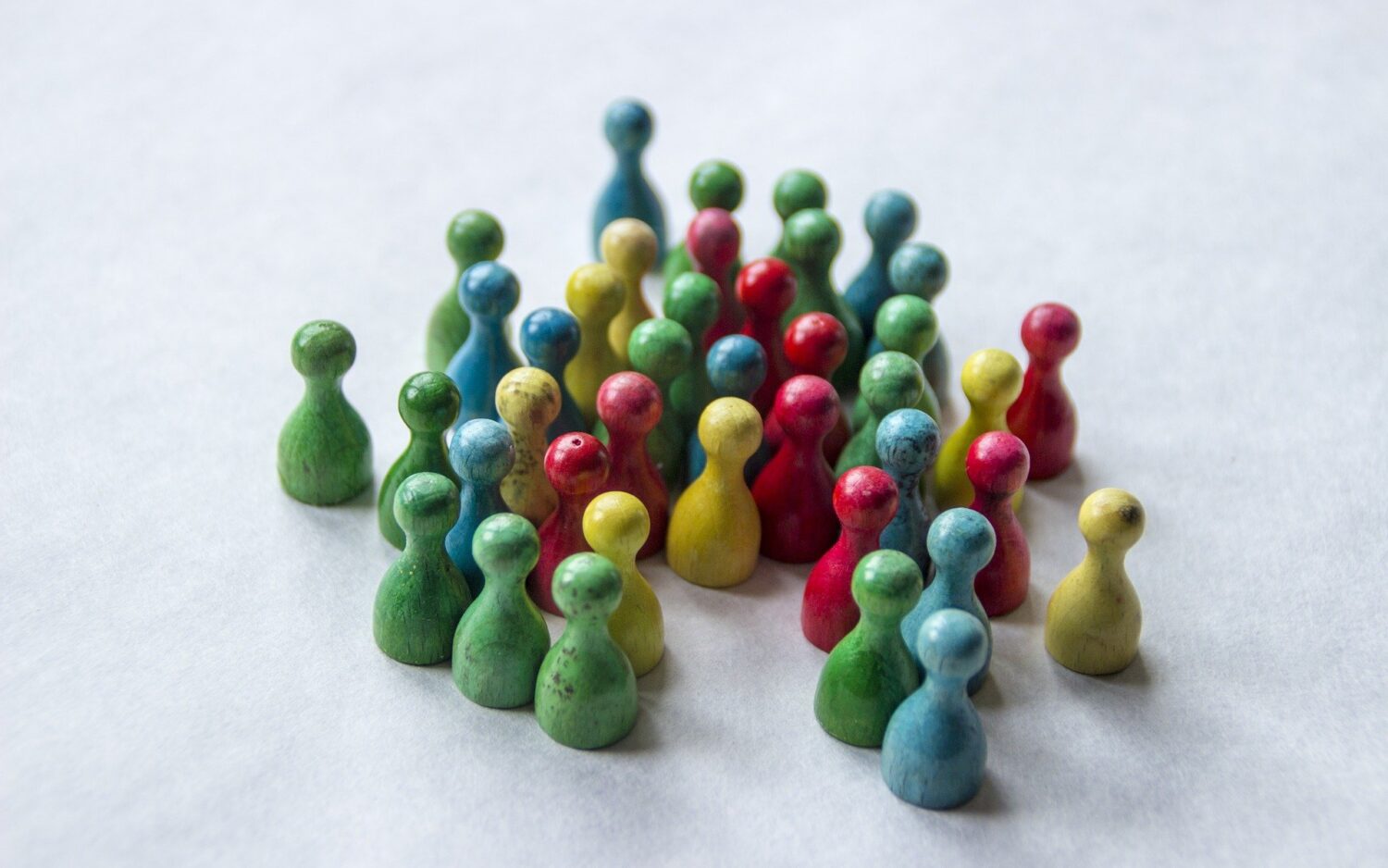Towards deeper European collaboration in health & care
We are slowly coming out of a global pandemic, but what have we learned?
Written by AAL Director Klaus Niederlander
The COVID-19 pandemic has brutally shown to European societies, how much they have neglected the crucial role of healthcare & social care professionals and how ill-prepared they went into this crisis. We have been working in a state of emergency over the last two years and are only slowly recovering. The time has come to answer the many questions around the sustainability of our health and care systems and services.
How can we ensure that everybody, regardless of their age, can receive the care needed while ensuring the well-being of the concerned care staff? How can we transform our health & care systems to withstand the challenges of today and tomorrow?
Complex challenges do not offer easy solutions
Today’s global challenges around demographic change and climate change are so complex that they require collective systemic actions over the coming decades. Individual initiatives, the search for ‘simple’ solutions, a mindset focused on competition, comparative advantage and trickle-down effects are not sufficient anymore, to mitigate the associated risks and to adapt to an ever-complex world.
That is why these mounting challenges must be met with an enabling environment for multidisciplinary actions, strategies, and policy approaches. An ageing society does not only call for comprehensive data analysis and derived recommendations, but for co-creating our future health & care system. We need to design a welfare system where the citizen is not only beneficiary of care services for example, but an active agent of care at the same time.
All of us are ageing every day. The best way to prepare for this older age future is to rediscover and develop that strong sense of intergenerational connectedness. This mindset change will require a redistribution of resources as well as new organisational, governance, entrepreneurial and service models for our welfare systems. Most importantly it requires the active involvement and support of our citizens!
One of the greatest difficulties ahead of us is providing high-quality care that is affordable and available for all Europeans, no matter their economic status. Many countries have experienced staff shortage for many years already, which constantly increases the pressure on existing personnel. The pandemic has exacerbated this trend. According to Eurostat, the increase in the proportion of older people will increase the burden of dealing with chronic diseases, which already account for 70-80 % of all healthcare costs (Eurostat, 2020). So, in all this darkness, is there any light at the end of this tunnel?
‘We are all health & care users – we are the health & care system’
One of the AAL Programme’s mission is not only to foster the dialogue between the users and producers of digital solutions for ageing well, but to co-create them together.
Following numerous exchanges and workshops with the AAL community at our annual Forum in 2018 and 2019, the AAL Programme launched a dedicated action for health & care /ageing well ecosystem support. The objective is to open avenues for systemic innovation at European level, by capitalizing on the experience of already existing health & care ecosystems.
For that purpose, we have interviewed health & care actors around Europe about their understanding of their local ecosystem, their ambition and key challenges. We organised a seminar on health & care ecosystem design (see: http://www.aal-europe.eu/about/our-ecosystem/) in 2021. While there are often similar preoccupations or ambitions, a ‘one-size fits all approach’ is not workable. Ecosystems are about people and organisations and their inter-relations, which are as diverse as our different cultures and habits. They therefore require more tailor-made recipes to evolve and achieve impact.
Transforming our health & care system asks for curiosity, empathy, and courage
One key learning when dealing with eco-systems is the continuous strive to learn more about system design & action by listening to the different perspectives of the different actors. Making assumptions and jumping to solutions is an all too human reflex, which leads to repeating mistakes of the past. To overcome this, we zoom in on inter-connected clusters within an eco-system and analyse what happens when we introduce change in one aspect. This co-evolution helps overcome current silos, fragmentation, and vested interests. Last week’s workshop with three health & care eco-systems from Denmark, UK and the Netherlands at the Health Valley event in Nijmegen from March 15-17, illustrated this co-creative process, i.e. formulating the right questions and bringing in one’s own experience to crystallize out the key priorities. And especially the openness to help each other.
So, what’s next? Over the coming months we will further engage with regional eco-systems around Europe, such as Ageing Coimbra in Portugal, the Gerontopole of Nouvelle Aquitaine in France, the Health Innovation Central Denmark and many others. We will support the emergence of opportunities for European collaboration of health & care eco-systems, to not only better inform current European programmes, but to stimulate resources into such a systemic innovation approach.
If you are interested in joining our eco-system learning journey this year, then get in touch and we will listen to your thoughts, ideas, needs and especially your enthusiasm and energy.

